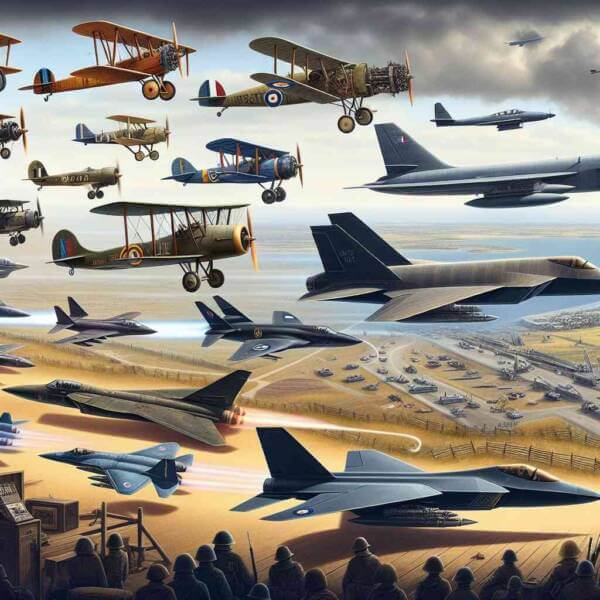Exploring Military Aviation: The Evolution of Air Power
Exploring Military Aviation: The Evolution of Air Power
Blog Article

Military aviation is a cornerstone of modern defense strategies around the world.
Nations invest heavily in military aviation to enhance defense capabilities.
History of Military Aviation
Military aviation started during the early 1900s, with aircraft initially used for spying on enemy movements.
Major milestones in military aviation history include:
- First use of armed aircraft in combat
- Massive growth in air power
- The Cold War era
- Rise of unmanned aerial vehicles (UAVs)
Each era brought more powerful aircraft that redefined military capabilities.
Main Categories of Military Aviation
Military aviation includes a variety of aircraft, each designed for unique purposes.
Common categories of military aircraft are:
- Fighter jets
- Bombers
- Transport aircraft
- Reconnaissance and surveillance drones
Each type plays a vital role in military operations, from supporting ground forces.
The Strategic Value of Military Aviation
Air superiority is vital for achieving military success.
How controlling the air impacts battles:
- Protecting ground forces
- Cutting off enemy resources
- Early warning and real-time data
- Demonstrating power and deterrence
Nations with strong military aviation capabilities can shape outcomes.
Technological Innovations in Military Aviation
Constant research and development redefine capabilities for future warfare.
Recent innovations include: check here
- Low-visibility planes
- Missiles and aircraft traveling at speeds greater than Mach 5
- Artificial intelligence-driven missions
- Laser and electromagnetic systems
These advancements increase survivability for air forces worldwide.
Risks and Limitations
From high costs to geopolitical tensions, the road to air dominance is a constant battle.
Key challenges include:
- Budget constraints for defense programs
- Rapid technological changes
- Protecting systems from hacking and sabotage
- New debates about AI in warfare
Addressing these challenges is crucial to staying ahead.
Where Military Aviation is Heading
The future of military aviation promises faster, smarter, and more autonomous systems.
Expected advancements:
- Smarter decision-making systems
- Defending assets beyond Earth
- Eco-friendly military aircraft
- Enhanced multinational cooperation
The next era of military aviation will revolutionize how wars are fought.
Final Thoughts on Military Aviation
Military aviation remains an irreplaceable element in global defense.
As technology continues to evolve, the skies will remain a critical arena where military aviation protects nations.
The future of military aviation is limitless — and it’s only just beginning. Report this page